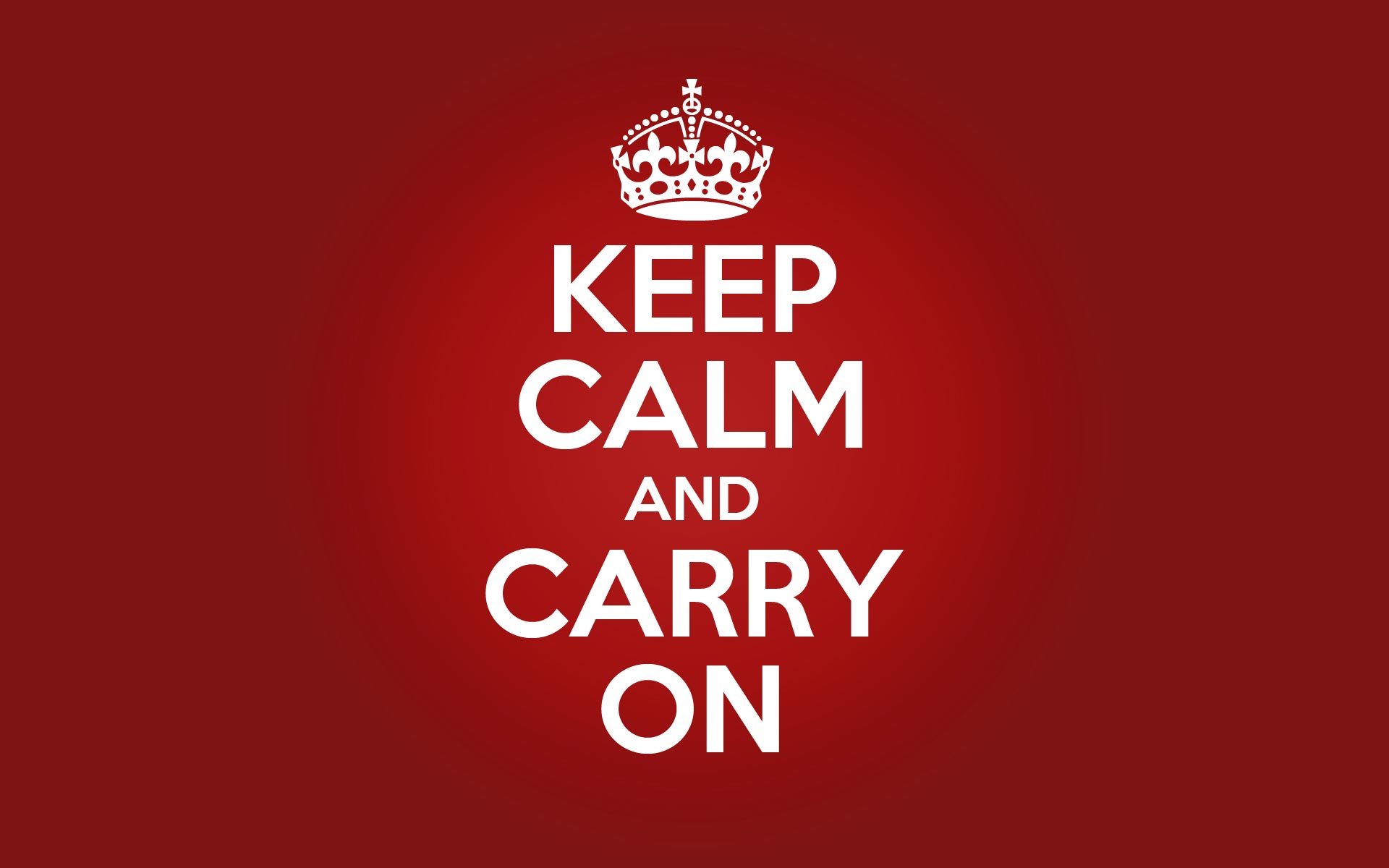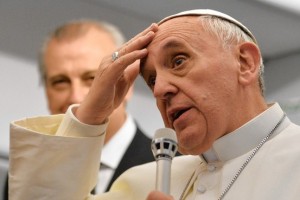A friend sent me an email recently in which he
wondered if Pope Francis will face a "
Humanae Vitae moment" at
the Synod on the family next October. The substance of his reflection is that
the Pope will be unable to satisfy the demands of the German bishops, the media
and liberal Catholics and permit the admission of divorced and civilly
remarried Catholics to the Eucharist, and this will lead to a situation for
Francis which will mirror that faced by the Venerable Paul VI in 1968 following
his refusal to endorse the use of artificial contraception. This has been
suggested by a few people in the past couple of weeks.
I have been thinking about this for the last
while, and reflecting on it with some theologian friends, and I think it is
possible that this might actually happen. Ultimately it will depend on how
Francis deals with the situation, but I have to admit the Holy Father is being
pushed further and further into a corner by growing expectations.
Let's explore this for a moment. We are all aware
of the media hype that surrounds the Holy Father. Okay, we can put to one side
for a moment his ambiguity, his lack of theological precision and the now
growing need for Fr Lombardi or other Vatican officials to clarify points made
by the Pope due to his spontaneous utterances. The Holy Father's style is
different from John Paul's and Benedict's - he is more free and ambiguous in
his speech and I think we'll just have to get used to this for this Pontificate
(although rumours have it a senior ranking Churchman has taken the Pope to one
side and has had a "chat" with him on this ambiguity so we might see
a change there - might). But all that said, I do not doubt his orthodoxy.
However the media and liberals have been engaged
in creating a virtual Francis, one who eschews doctrine and wants to demolish
the Church and rebuild it as a more liberal organisation founded on the
shifting sands of relativism and human emotions. At the moment it can be hard
to distinguish between Francis and the virtual Francis because the secular
media control most of the airwaves and Francis's free ways do not help matters.
As we have seen here in Ireland with the recent abortion issue, the media set
the agenda and can actually push public representatives and even the electorate
in a particular direction - one which favours their point of view and political
persuasion. Such is the power of the image and careful control of reporting and
opinion. In a similar way, the media are presenting the virtual Francis as the
reality and selectively reporting on what he says so as to lead the public to
accept their man as the real man.
In this context, then, it may well be that the
media and liberals will be attempting to use their power to push various issues
in a particular direction. They may well be naïve enough to think that Francis
will go in that direction (but he is, as we all know now, his own man), and so
they are sowing expectations that Church teaching on marriage and the Eucharist
may well be changed "for pastoral reasons". There are those in the
Church who seem to think this as many pastors have already allowed divorced and
civilly remarried couples receive Holy Communion in anticipation of the Pope
changing the rule. This is very much like the situation in the 1960s with
regard to contraception - many bishops and priests were then advising Catholics
to use contraception because they believed Pope Paul was going to permit it.
But will Francis change the rule? I do not think
he will, not because he won't but, as I said before, because he can't. Even
though it is a personal and painful issue for many, it is at its core an issue
of the moral law. I have no doubt that Francis realises this and knows that to
change the rule is to admit that adultery is no longer a grave sin, and such a
change will undermine the nature of Christian marriage and lead the faithful
into error, something as Pope he cannot do. There is much to be done on this
painful issue, and the synod will reflect on what possibilities lie before us -
one of which is a reconsideration of the annulment process and perhaps even the
issue of canonical form
as
suggested by Ed Peters in a recent article. Such a synod is long overdue
and, given the challenges to marriage, it is necessary.
I hope Pope Francis is also aware that to change
the rule will have other consequences with regard to marriage: this is not just
about the divorced and civilly remarried receiving Communion - it is about the
nature of marriage. We had a similar situation in 1968: Pope Paul realised that
contraception was broader than controlling fertility in the short term, but
rather an issue of life, marriage and the family. Paul prophetically understood
that contraception would led to the undermining of respect for life because it
placed life under the control of human beings and left it up to them to decide
whether life begins or not, and, as we have seen, if life has begun whether it
will be allowed continue or not. Rendering the sexual act barren through
artificial means would also lead to other problematic issues regarding the
integrity of the human person and the family.
So too with this issue on marriage. To change the
rule would undermine sacramental marriage and endorse situations in which
Catholic marriage can be put to one side and other unions legitimised. Remember
receiving Communion is not just a personal act, it is an ecclesial act:
admitting those in what are seen as irregular unions under the moral law to the
Eucharist will be seen to legitimise those unions. This will have many
consequences. For one it will open the door to a form of legitimising same sex
unions: how could the Church refuse the Eucharist to those in a same sex union
when it allows it for the divorced and civilly remarried? To be consistent, she
can't: she will have already undermined and put aside the moral law.
If the Pope were to grant the German bishops what
they want, he would leave the decision about the validity of a sacramental
marriage to the subjective opinion of the spouses. This too would have serious
consequences for marriage and for women in particular - what is stopping a man
who is tired of his wife to decide in his heart of hearts that the marriage was
not valid and so put her to one side with the, albeit reluctant, approval of
the Church? An English king tried to do that once.
We may well be facing another troublesome period
in the Church, not quite unchartered waters, but stormy ones, and the now
popular Francis may well suddenly find himself presiding over another period of
defections, and this will be painful for him and for all of us. It will, I
suppose, depend on how the media and liberals want to proceed - will they
ignore the Post-Synodal Exhortation and continue to mislead, or will they
decide the decision is too obvious to ignore and turn on Francis? I do not
know, it's all in the air. But one thing I do know: we need to pray for the
Holy Father, and pray hard: first that he will do the right thing, and then
that God will sustain him as what may be a very difficult cross will be laid on
his shoulders - one which may well kill him in the end, as Paul VI's did.
Perhaps we might commend him to the care and
intercession of the Venerable Paul VI.












